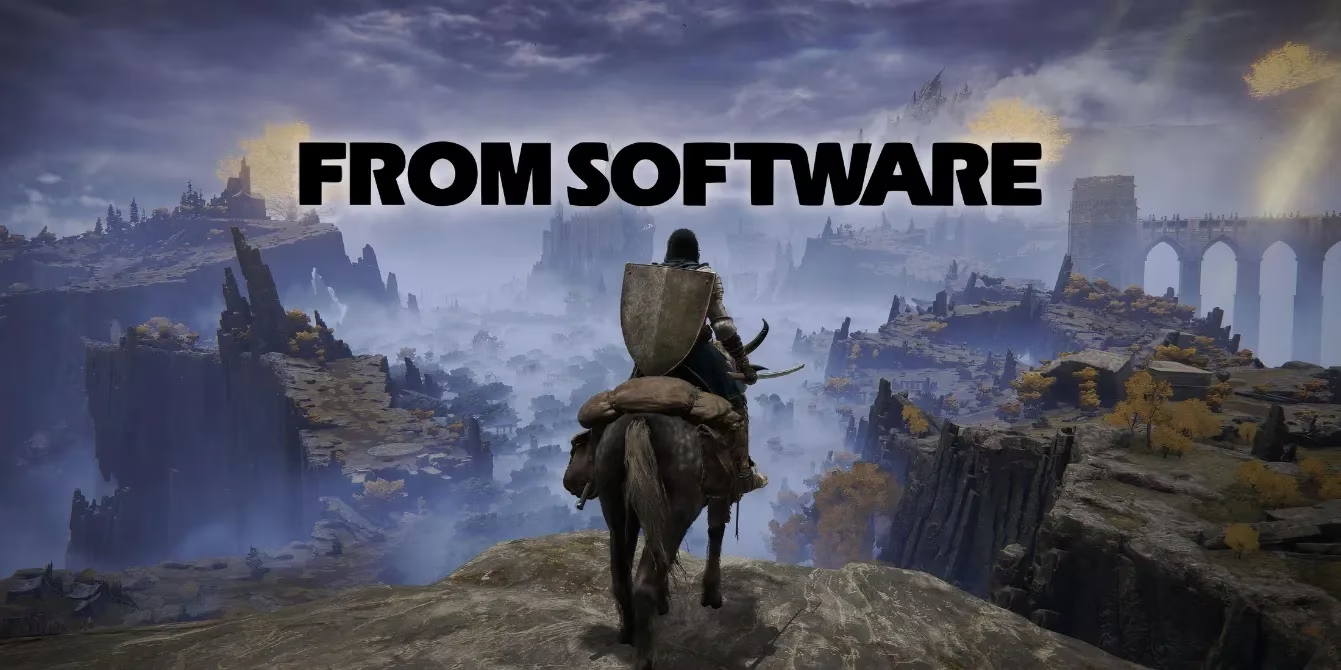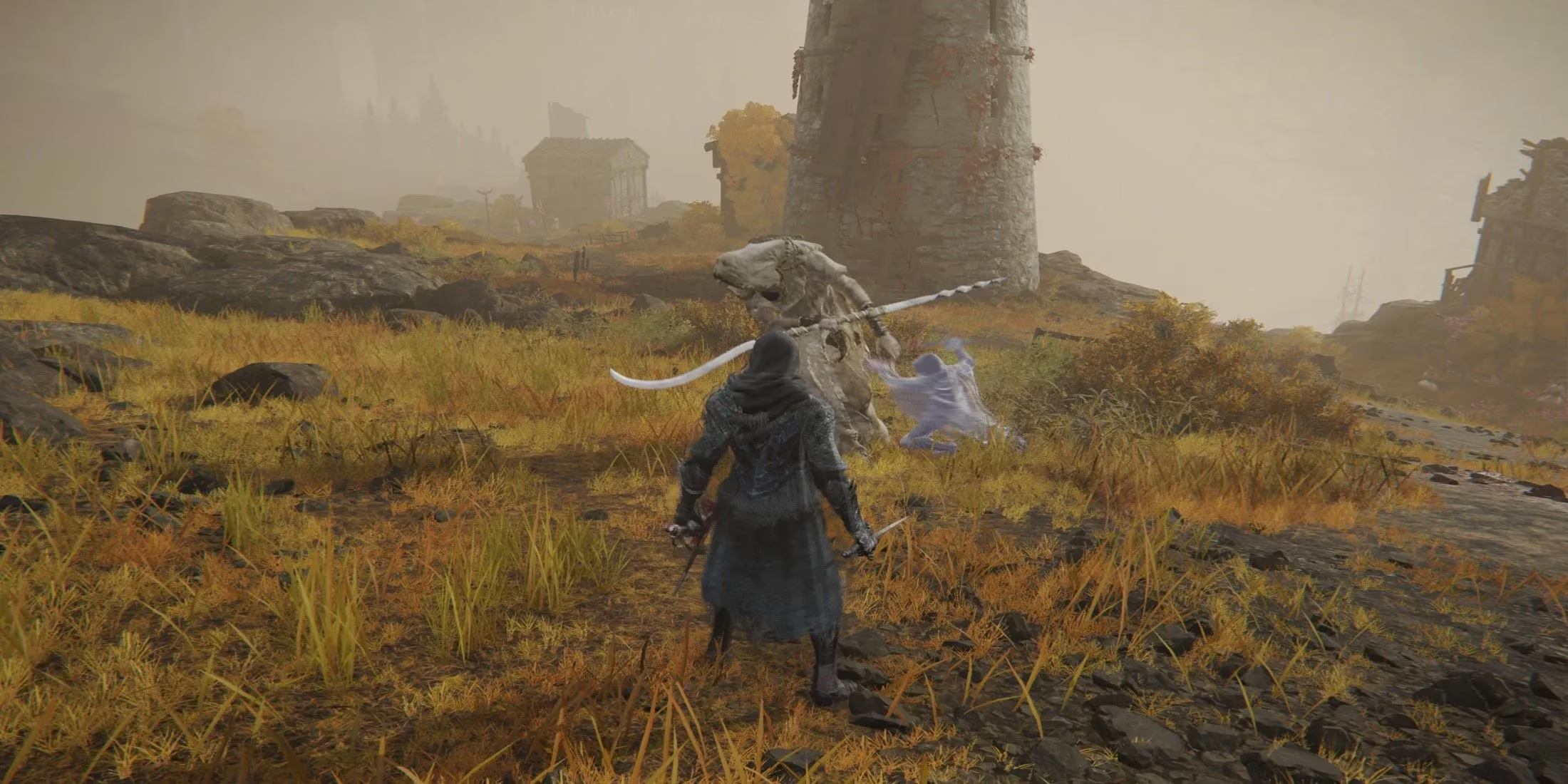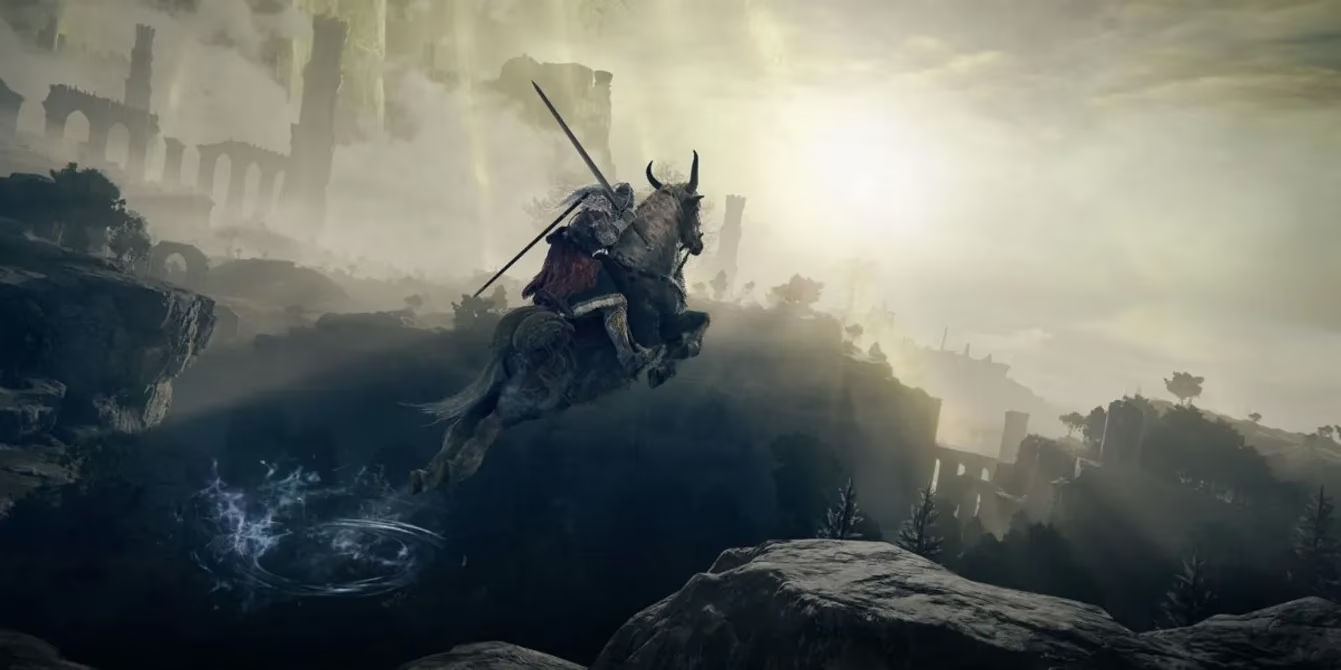Elden Ring's Revolutionary Impact on FromSoftware Games
Elden Ring revolutionized open-world gameplay with unparalleled freedom, immersive mechanics, and breathtaking landscapes, setting a new standard for FromSoftware's legacy.
As I sit here in late 2025, reflecting on my journey through the Lands Between, I'm struck by how Elden Ring has reshaped my expectations for FromSoftware's games. After sinking over 400 hours into this masterpiece, battling more than 200 bosses and uncovering every hidden corner of its vast world, it’s hard to imagine going back to the linear, confined experiences of the older Souls titles. That sense of freedom—roaming wherever I pleased, stumbling upon colossal enemies, or simply galloping across breathtaking landscapes on Torrent—felt like a revelation. 😊 It wasn’t just a game; it was an evolution that made me realize how stagnant the formula had become before. Now, as we await The Duskblood or whatever comes next, I can't help but wonder: Will FromSoftware build on this legacy, or will they retreat to safer grounds? The thought alone leaves me with a mix of excitement and apprehension.
Elden Ring wasn't just an incremental upgrade—it was a seismic shift. Remember the days of Dark Souls 3? Sure, it polished the graphics and sped up combat, but at its core, it felt like a prettier version of the same old thing. Linear paths, predictable zones, and that familiar loop of die-retry-die. But with Elden Ring, FromSoftware tossed out the rulebook. The open world wasn't just big; it was alive, letting me chart my own course. If a boss like Radahn seemed too daunting at first, I could simply nope out, level up elsewhere, and return stronger. That flexibility changed everything for me. No longer was I trapped in a rigid sequence; I was an explorer, forging my own legend. And let’s talk about Torrent—that spectral steed wasn't just a mount; it was my lifeline, making traversal feel fluid and exhilarating.  Riding through misty forests or charging into battle, I felt a connection to the world that previous games never offered.
Riding through misty forests or charging into battle, I felt a connection to the world that previous games never offered.
The mechanics themselves were game-changers. Jumping—a simple thing, right? But in Elden Ring, it transformed combat and exploration. I could leap over attacks, scale cliffs, or discover secret areas, adding layers of strategy that older Souls titles lacked. And those quality-of-life tweaks? Infinite stamina out of combat meant I could soak in the vistas without constant pauses, while mini-checkpoints near bosses saved me from soul-crushing runs back. Plus, the lore felt more accessible, guiding me without spoon-feeding. 🔥 It all culminated in a package that sold over 30 million copies—proof that players craved this evolution. Yet, as I replay it now, I’m haunted by a question: What if they abandon this in The Duskblood? After tasting such freedom, a linear setup might feel like a step backward. Miyazaki-san has always championed risks, but will the studio dare to push further?
Looking ahead, the path isn't clear. FromSoftware’s history shows they innovate, but Elden Ring set a high bar. Here’s a quick comparison of key changes that defined my experience:
| Feature | Previous Souls Games | Elden Ring |
|---|---|---|
| World Design | Linear, zone-based | Open-world, seamless |
| Exploration | Guided paths | Player-driven, nonlinear |
| Mobility | Limited movement | Full jumping & mounts |
| Difficulty Pacing | Fixed progression | Flexible, scalable challenges |
This table barely scratches the surface. Beyond that, the major improvements that made Elden Ring stand out for me include:
-
Freedom to explore: I could tackle bosses in any order, creating unique playthroughs.
-
Mounts and verticality: Torrent and jumping opened up new tactical options.
-
Accessibility features: Like waypoints and lore hints that didn’t dumb things down.
But here’s where my heart sinks a bit. Without these elements, future games might lose that magic. 🤔 I recall moments in the older titles—like trudging back to a boss room in Dark Souls—that now feel archaic. In Elden Ring, when I faced off against a mimic tear or stumbled upon a hidden church, it felt organic, not scripted.  That unpredictability kept me hooked. If The Duskblood reverts to corridors and choke points, will it capture the same wonder? Miyazaki’s philosophy of embracing risks gives me hope, but as a player, I’m torn. Part of me wants innovation; another part fears change. After all, not every risk pays off.
That unpredictability kept me hooked. If The Duskblood reverts to corridors and choke points, will it capture the same wonder? Miyazaki’s philosophy of embracing risks gives me hope, but as a player, I’m torn. Part of me wants innovation; another part fears change. After all, not every risk pays off.
In the end, Elden Ring’s legacy is undeniable. It proved that FromSoftware could reinvent itself while staying true to its roots—challenging, atmospheric, and brutally rewarding. As we move into late 2025, with rumors swirling about new projects, I’m left pondering: Will they double down on this open-world formula, or will they surprise us with something entirely different? Only time will tell, but one thing’s for sure—I’ll be there, ready to dive in, even if it means letting go of the comforts Elden Ring gave me.  For now, I’ll cherish those memories of charging into battle on Torrent, the wind in my hair, and the unknown just over the horizon.
For now, I’ll cherish those memories of charging into battle on Torrent, the wind in my hair, and the unknown just over the horizon.
Leave a Comment
Comments